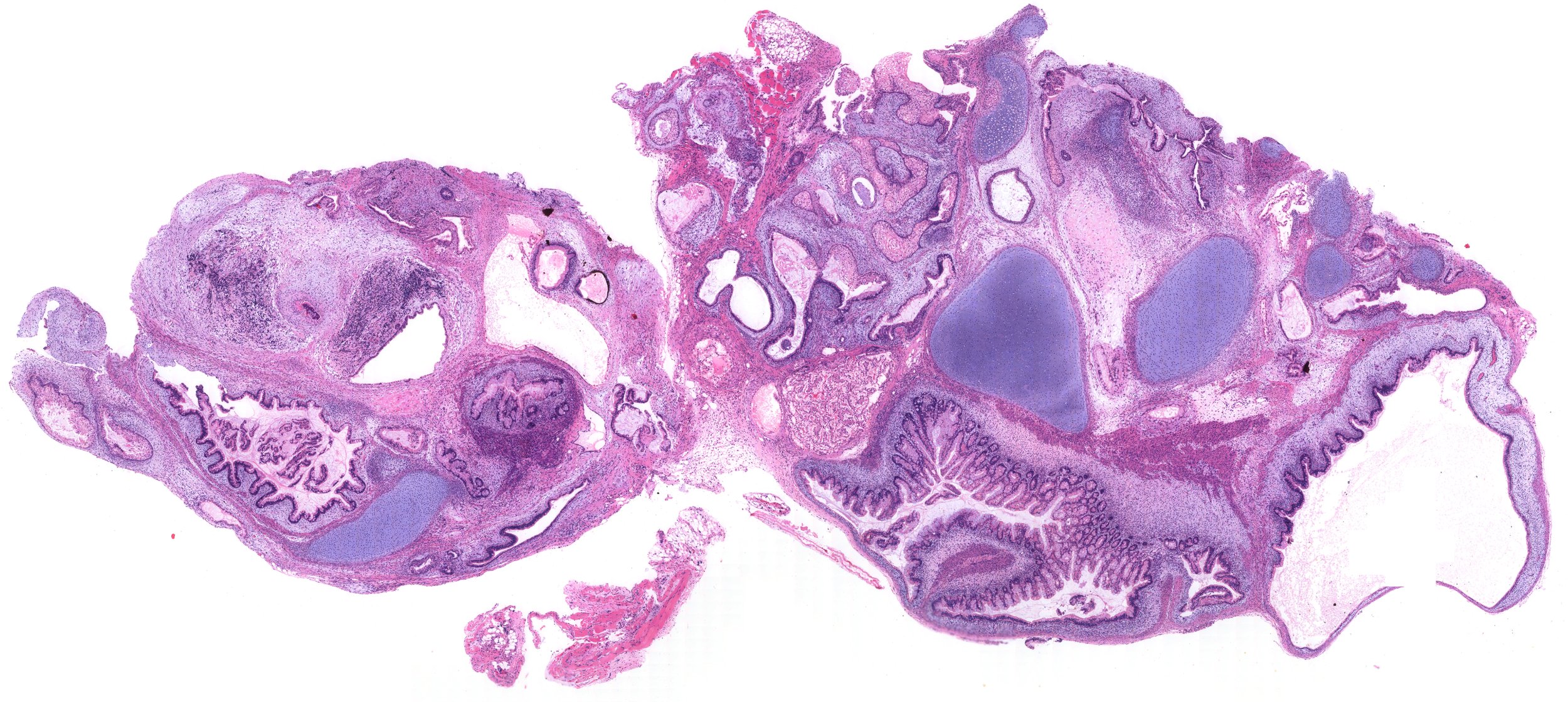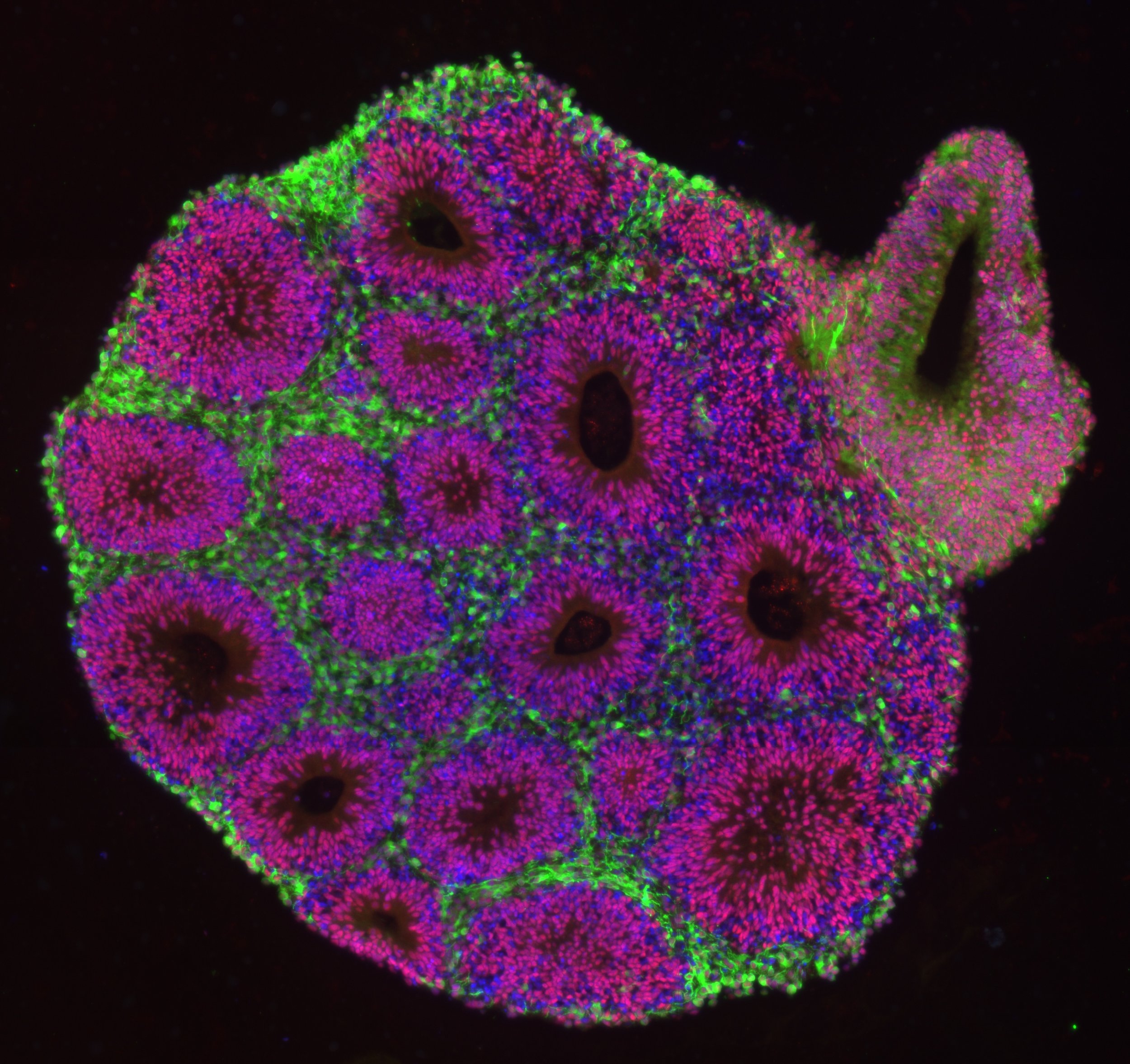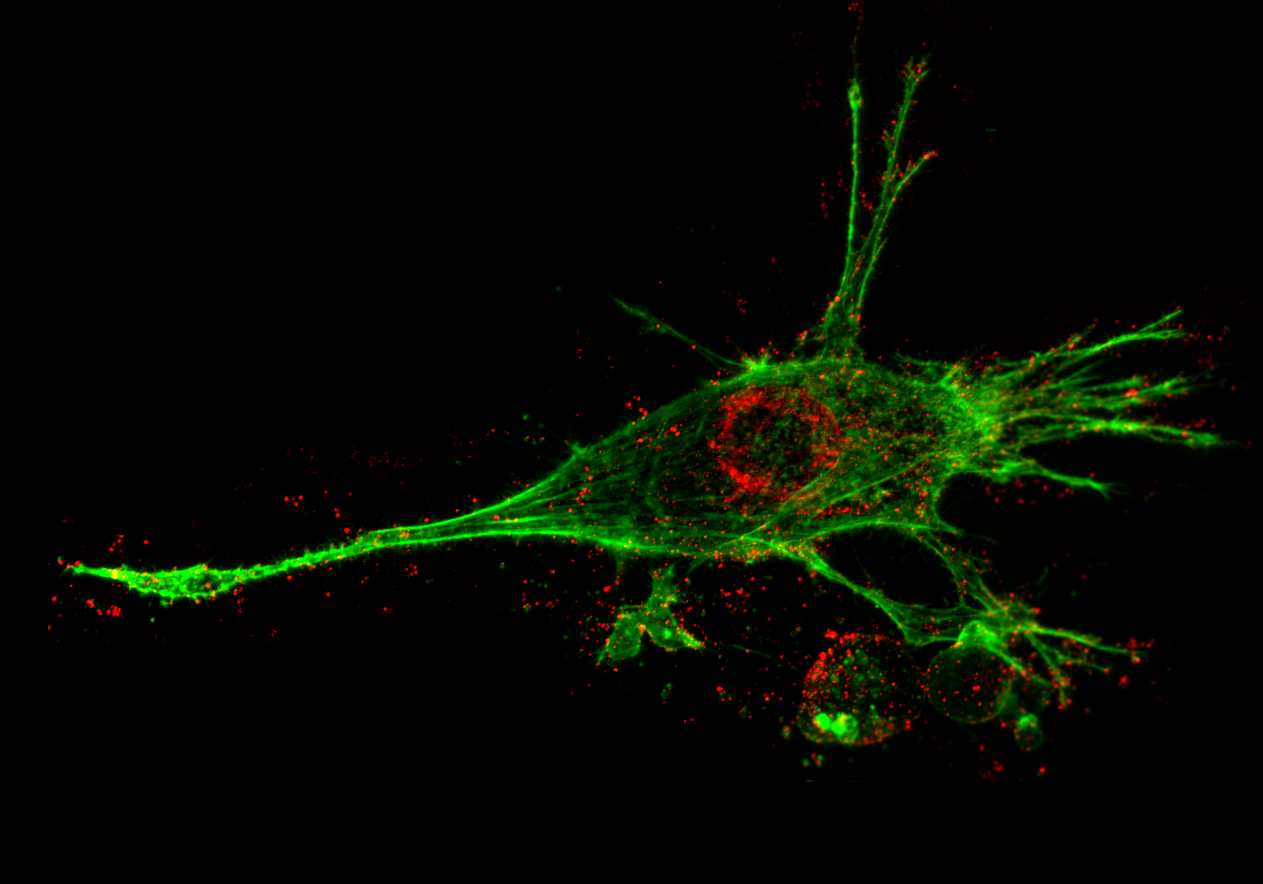
We are excited to share our new research!
Our talented team continues! Our review illuminates the context-dependent roles of MTF2 in Polycomb group (PcG) protein-mediated epigenetic regulation. Its impact on disease paves the way for a deeper understanding of epigenetic regulation and novel therapeutic strategies.
The focus of my laboratory is to understand and manipulate the behavior of pluripotent and somatic stem cells to understand the mechanisms of human disease and develop novel therapeutics. Our research utilizes systems biology to tease apart cell behavior and pathophysiology. We often use pluripotent embryonic stem cells (ESCs) as a model stem cell system because they are easier to grow and manipulate in culture than somatic stem cells. In fact, pluripotent stem cells have become the “new yeast”, enabling researchers to analyze mammalian development at the transcriptome (mRNA & miRNA), proteome, methylome, etc. systems level. Of course, yeast does not encode miRNA so this is a critical difference supporting the use of human ESC research. Importantly, we are now combining these systems approaches to study human disease using induced pluripotent stem cells (iPSCs). We believe such a systems genetics strategy will identify novel therapeutic targets and therapeutics for many diseases including cancer.





